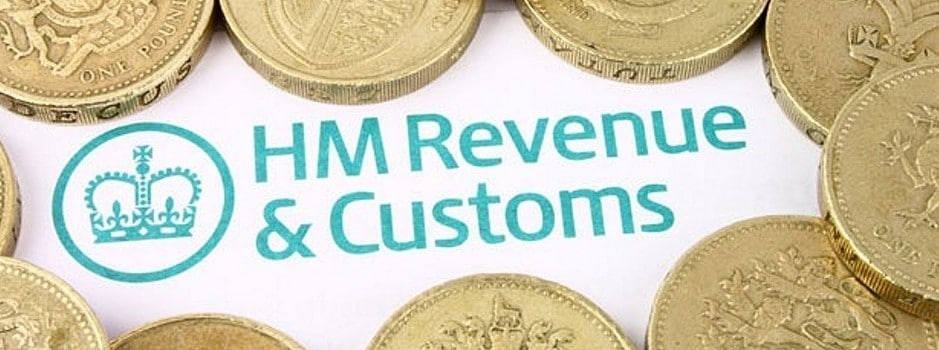There are a number of issues to consider when you’re setting up a business. The biggest of these is whether or not you’re willing to take a very big risk; of the 400,000 businesses set up in 2012, 20% have already failed and 50% won’t be around by 2015. Pretty sobering statistics, no doubt, but there are certain precautions you can take when setting up your own business to minimise the associated risks.
Fail to plan, plan to fail
The above phrase is a cliche, but for good reason. A business plan that’s based on guesswork or missing important information doesn’t provide a sound basis for setting up a company or business. It’s easy to let things like projections and forecasts take a backseat to ‘the big idea’, but ignoring them is a surefire way to doom a business!
Need an accountant?
Many small business owners think that, because they’ve got a nifty bit of accounting software (like, say, KashFlow!) to do their invoicing, submit VAT returns and produce reports they don’t need an accountant. If you already have some accounting knowledge, or are acting as a sole trader below the VAT threshold etc this might be true, but we recommend that when setting up a business you get some help from an accountant. A good accountant will spot things like expenses you could be claiming, tax allowances, whether you’re overpaying or underpaying tax and a host of other things. They’ll also be able to provide you with insight into where your business is heading!
Registering your new business
We’ve written elsewhere about a few different registration routes when you’re registering as self-employed in order to start your self-employment journey. Before setting up your business, it’s worth thinking about these different routes – do you need to register for VAT? Will you be employing other people? Does your business involve importing goods from other countries? Each of these factors will have significant impact on your business, so it’s worth devoting some time to thinking about them.
Tax implications
As you’re no longer working for someone else, you’ll need to consider the tax implications of your business. As well as the obvious, like submitting NI contributions and self assessment tax records, in some cases you’ll also need to think about PAYE (if you’re employing other people), corporation tax and charging VAT.
Managing your own accounts
A bit scary if you’re a business newbie, right? All of a sudden, you go from waiting on receiving your payslip to having to worry about remember to issue repeat invoices to monthly customers, file purchase receipts for all your outgoings, make sure you’re managing stock correctly etc etc. Fortunately, a piece of accounting software like KashFlow can handle the bulk of this for you – data from your invoices is pulled straight into your accounts, and repeat billing/purchases that recur every month can be automated.
Business insurance
Just as most people wouldn’t dream of keeping all their valuables in a house without buying home insurance it makes sense to take out business insurance to protect your business’ assets from unforeseen emergencies, which might include everything from warehouse fires to non-payment by customers. Of course, as is the case with taking out any sort of insurance, check and check again what you’re covered against – nothing like an emergency taking place that you’re not covered against to put a dent in your wallet!
Taking the time to think about these sorts of things will stand you in good stead when setting up your own business, and hopefully make it more likely that you’ll be part of the 50% of companies that make it!



